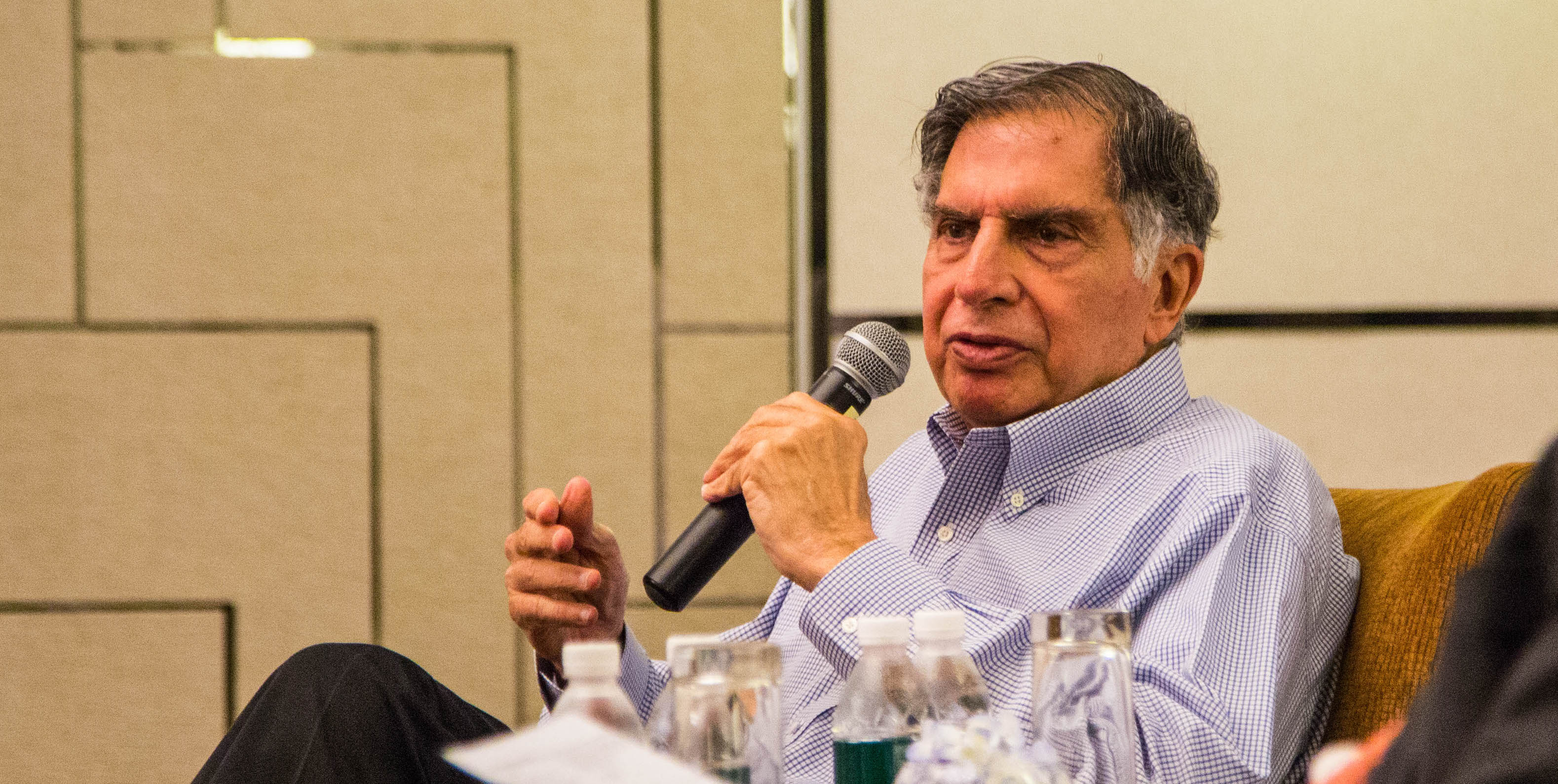
There are ways to avoid sadness in the boardroom. Photo credit : ampak / 123RF.
“You can resist an invading army; you cannot resist an idea whose time has come,” Victor Hugo said. Take its antithesis, and one may say no matter how much you push a new concept, it won’t stick (read, your people will rebel) if its time has not come.
The ongoing drama at one of India’s most powerful and storied business houses, which suddenly and unceremoniously fired its CEO last night, could easily be a study in that.
It is the quintessential boardroom drama – new CEO brings in too many changes, pisses off too many people, and gets fired. Dig a little deeper, and we can see a number of easily avoidable minefields that Tata Sons walked into.
Here’s a study in how to avoid such unpleasantness in our own companies, especially if you are leading a startup with neither the Tatas’ muscle, nor legacy.
Don’t bring the sledgehammer

Photo Credit: Simon Liu
Veteran journalist Barkha Dutt says CEO Cyrus Mistry’s ousting was long coming, mainly because he was pushing too many changes all at once.
There was also growing disquiet in the Tata Group that Mistry was “selling the family jewels” and “undoing all that the Tatas had built” by deciding to sell the empire’s entire steel operation in the UK, which was in bad shape on account of cheap Chinese imports, soaring costs, and weak demand, she reports. Lesson: don’t do that.
You may be convinced what you are doing is for the best of the company, but bring everyone on board first. The company is built as a result of contributions from a bunch of people. Just because you can doesn’t mean you should bulldoze your way through all of that. Let the idea’s time come.
Don’t piss off the board

Photo credit: PourquoiPas.
This one’s a no-brainer. Look, the board exists for a reason. They are the checks and balances on your reign. It is easy for us to fancy ourselves as the next Steve Jobs, but truth is, very few of us are.
So it doesn’t matter if you have good intentions at heart, and it may be tempting to insult the board’s “intellectual capabilities,” but control that urge.
After all, you have to be in your position to do good for the company. If pissing off the board didn’t work for celebrated hires like Cyrus Mistry or Rahul Yadav, there is a very thin chance it’ll work for you.
The importance of communication

Photo credit: London Scout.
This is something Ratan Tata, the grand patriarch at Tata Sons, himself swears by.
“Successful companies go to great lengths to communicate with all their stakeholders, not just the board … my experience says communicating well with all stakeholders is something all successful CEOs do very well,” he said at an event earlier this year.

Ratan Tata. Photo credit: Jungle Ventures.
How his own company fell into the same trap is a matter of discussion for another time, but if anything, this shows that maintaining healthy communication is easier said than done.
The same is applicable to the board.
If you are unhappy with your leader’s performance (or vice versa), it makes sense to bring it up and clear things out, rather than resort to “bizarre” firings.
Keep your friends close

Photo credit: iDownloadBlog.
Boardroom politics is as old as the Roman civilisation, possibly older. While it is often unavoidable in multi-billion dollar companies, it may not be wise to fashion a small startup in the same mold. Bad blood makes a deeper impact in a small company of a few hundred than it does in a vast corporation.
That said, sometimes a leader needs to perform unpleasant tasks, and it pays to cast naivete aside. You’ve got to see it coming if it takes less than half an hour for the board to replace you.
Don’t play petty

Photo credit : wavebreakmediamicro / 123RF.
Much as the Tatas are revered all around, the way the business of ousting their CEO went down has been roundly criticised by many.
“There can be no doubt that the entire imbroglio reflects poorly on the Tata Group, which is equally admired for its commitment to business ethics as it is criticised for its secretive governance that sometimes borders on arrogance,” the Mint newspaper said.
Now, the Tatas can get by with deleting memories of their former CEO and being inexplicably haughty, but a small startup will almost never have such sway.
Remember, you don’t have a Ratan Tata to hold fort in case of a boardroom meltdown.
This post The drama at Ratan Tata’s company, and ways startup CEOs can avoid it appeared first on Tech in Asia.
from Tech in Asia https://www.techinasia.com/ratan-tata-ceo-ouster
via IFTTT
No comments:
Post a Comment